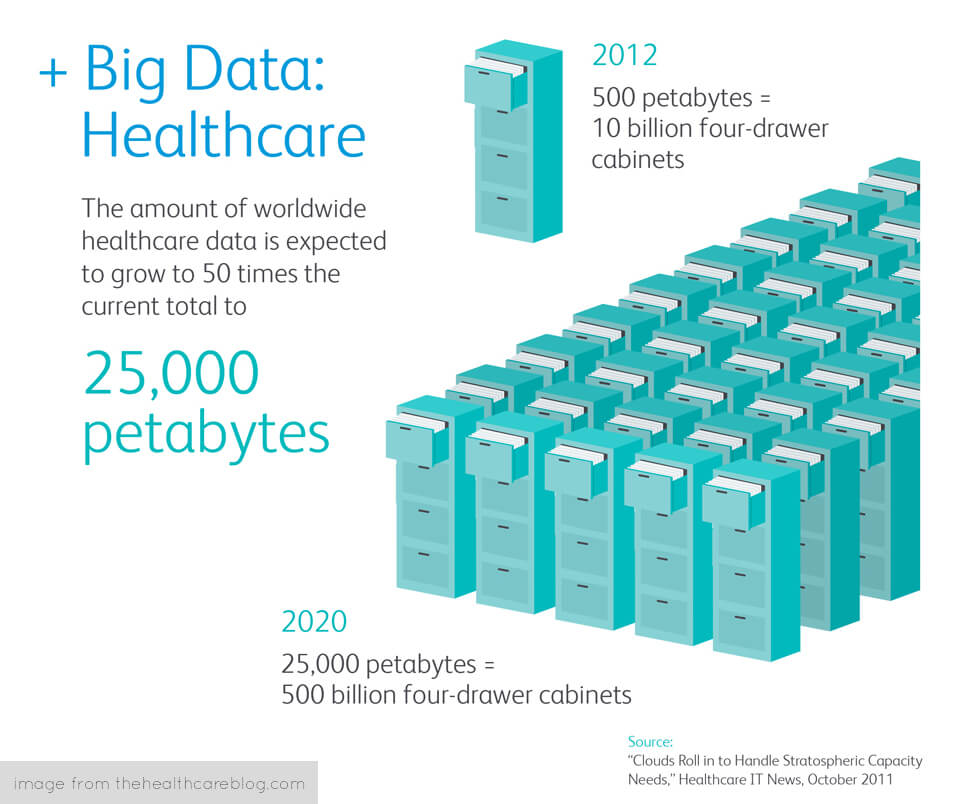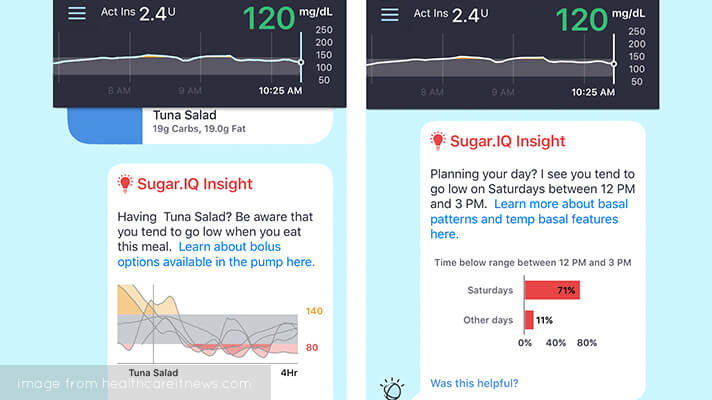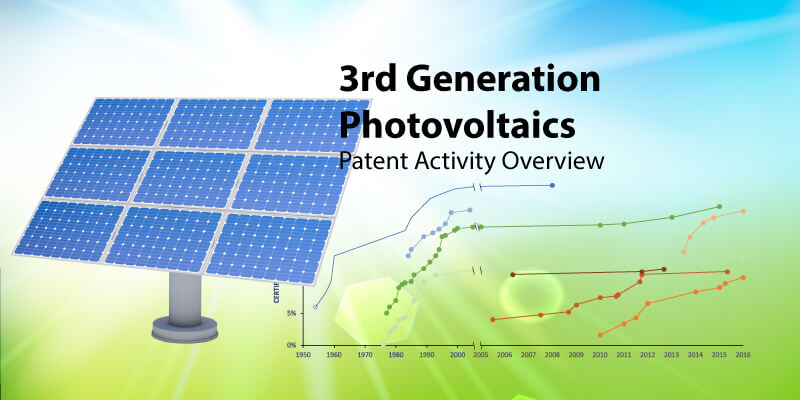We are now inundated with a tsunami of data–a metaphor used by many to refer to the speed and quantity of data being generated. The healthcare industry is a key contributor to this data tsunami. Healthcare data is estimated at 500 petabytes in 2012 and is expected to skyrocket to 25,000 petabytes by 2020. This is analogous to 500 billion filing cabinets. The incessantly multiplying gargantuan mount of data that we collect will require new generations of storage technologies and vastly more powerful processing hardware and software for analyzing and processing those data.

Predictive analytics, a branch of advanced analytics, aims to tame this data tsunami. Using advanced analytical tools like machine learning, predictive analytics analyzes vast amounts of healthcare data to predict, for example, the probability of occurrence of certain events. With predictive analytics, health risks may be estimated, minimised, or bypassed altogether; future health conditions predicted; optimised treatment protocols customized for each patient, healthcare facility resources more efficiently allocated, and various clinical decisions such as medical diagnosis more reliably and quickly arrived at.
Take diabetes, for example. A coexisting complication for diabetics is hypoglycaemia, or low blood sugar, which accounted for 282,000 emergency room visits in 2011. A hypoglycemic attack can cause anxiety, palpitations, tremor, behavioral changes, and even cognitive dysfunctions. Fortunately, predictive analytics can be used to anticipate and prevent the occurrence of hypoglycemic events hours before they happen. During the CES 2017, Medtronic and IBM showcased the Sugar.iQ app, which continuously monitors a person’s glucose levels and predicts hypoglycemic events hours in advance. With this predictive capability, the patient can take appropriate countermeasures to control his or her sugar levels.
The technology behind Sugar.iQ is IBM Watson, a cognitive system designed to learn, reason, and talk in a human-like fashion with people. In the healthcare arena, IBM Watson can be used for genomics research, drug discovery, and care management. Institutions from all over the world, such as those in China, India, and Finland, are now relying on IBM Watson to improve patient care management.

Predictive analytics, like any healthcare analytics tool, still has challenges to wrestle with. But it is pretty much a given that it’s only a matter of time before predictive analytics becomes as commonplace a resource for healthcare providers as ultrasound imaging and health and fitness wearables.
IDC: Piai, Silvia, and Massimiliano Claps. “Bigger data for better healthcare.” Framingham (MA): Intel (2013).
Hypoglycemia: Cryer, Philip E., Stephen N. Davis, and Harry Shamoon. “Hypoglycemia in diabetes.” Diabetes care 26.6 (2003): 1902-1912.






